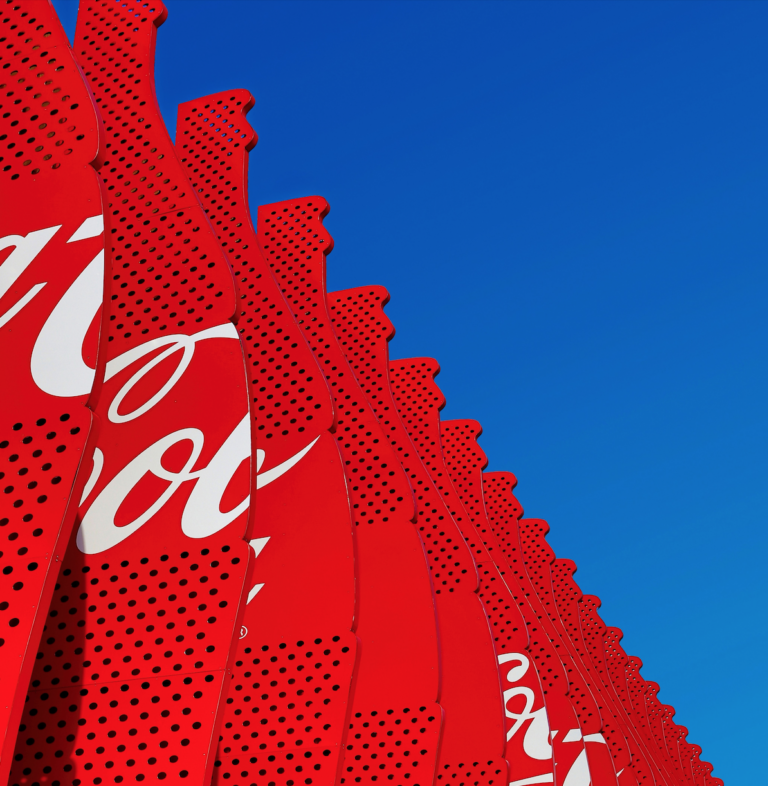
An Unusual Message
I recently read this article on Coca-Cola’s optional diversity, equity, inclusion, and belonging (DEIB) training courses offered via LinkedIn Learning. These courses provided tips on how to be “less white,” you can view some of the slides here. This controversial training session stirred up a lot of debate over the wrongness or rightness of its message. Here is my perspective.
As I have worked in the DEIB space and studied and written extensively on The Art of Caring Leadership, I have at times witnessed great learning experiences. Undoubtedly, this Coca-Cola situation is one of those moments. I would call it a cautionary tale.
The Outcome
To broadcast a message along the lines of “be less white” while encouraging diversity, equity, and inclusion is quite contradictory. To conflate being white with being oppressive is to condemn millions of people. Now, don’t get me wrong – I am not negating any of the social justice issues that have rightfully come to a head this past year. Furthermore, I just think it’s important to work towards a more inclusive future by moving forward towards our goal.
What do I mean by this? Well, telling people to be less white is divisive. It left a bad taste in many people’s mouths. The message we need to be conveying cannot be one that is unauthentic. How can a white person be less white? They certainly cannot be a BIPOC. They are white. It is part of their identity. As we call for authenticity and invite people to bring their most authentic selves forwards, even in the workplace, it must also include white people. Inclusion can’t have loopholes.
The Reverse
I believe that good training on matters of DEIB has one purpose: to enlighten, inspire and bring people closer together, not even further apart. Unfortunately, this class offered within Coca-Cola came off accusatory. It did not leave the majority of its participants feeling enlightened or inspired. On the contrary, it clanged with a negative connotation as it asked for less of people. It separated a group of people and condemned them, probably leaving them feeling beaten. That’s not a motivation for change! We should be demanding more of people, not less.
While we as a country move towards a more inclusive future, we need to rely upon positive change. There can be no more space for negativity. Let’s uplift one another with compassion and caring behaviors. These trainings need to offer that as their solution. Well, first, they need to provide a solution period, like actionable items that people can follow to become more inclusive to all human beings. There must be a plan to move forward. Besides, casting out a retrospective verdict of “guilty” throws us all backward on our journey.
How to Plan Forwards
Here are some suggestions for planning DEIB initiatives within organizations. First, begin with listening. Always begin with listening. Listen to the marginalized voices first, and then listen to their peers. Many peers have unique perspectives when it comes to DEIB. Not to mention that many are allies and would love to find a way to support their peers. Some are witnesses to the struggle that marginalized groups have faced, and others recognize microaggressions that don’t resonate with their peers anymore.
Second, after listening to all your employees, find ways to encourage inclusiveness. Host diverse roundtables and offer training on unconscious bias, microaggressions, and even simple themes like communication. Just remember, the undertone of your journey needs to be one of encouragement. Let’s encourage people everywhere to embrace their identities and bring their whole selves to a workplace that will respect and welcome them however they show up.

3 Responses
It is so good to finally hear a voice of reason regarding the inappropriate teaching/training of this tenant, which is the core of Critical Race Theory. Unfortunately, pursuit of this divisive teaching seems to have come en vogue not only in corporate circles, but also in our schools (both public and private) and even in our military. In order for our society to heal and come together again, all of us, regardless of race, color or creed must learn to have respect for each other’s skills, dreams, hopes and fears. Only then will we as Americans be able enjoy our rights to life, liberty and the pursuit of happiness.
Bruce, thank you for engaging with this post. I think this training pushed the boundaries of Critical Race Theory beyond the purpose of education, and bends it to “pay back” those who have had many of the privileges in America. I don’t think retaliation is ever an empowering and enlightening moment. This is why I am so against the strategy used in the training as described in the article. Thanks again.
Hi Heather – thank you for this. Well thought out and presented. As a Caucasian female working my way towards senior citizenship, I’m already feeling marginalized by the larger discussion. (I find it interesting that age is not part of the discussion.) Your blog was helpful and informative. I will read the Coke training and reflect on it in the context you’ve presented.